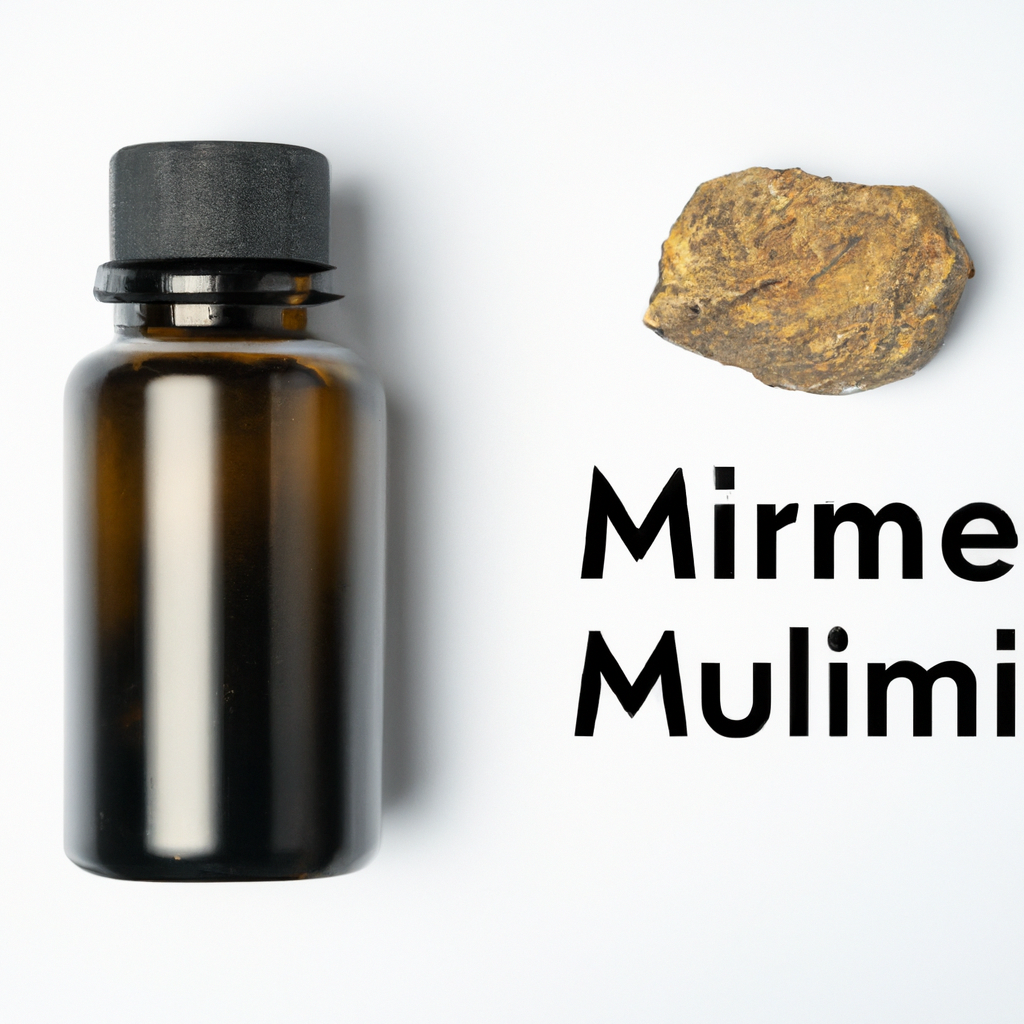Unveiling the Secrets: What is Mineral Oil Made Of?
Unveiling the Secrets: What is Mineral Oil Made Of?
Mineral oil is a common ingredient often found in various skincare products, cosmetics, and even food preparation. It has long been a subject of curiosity among nature and food lovers, who want to understand what it is made of and how it affects their well-being. In this article, we will delve into the composition of mineral oil, its sources, and its potential impact on both the environment and our health.
Understanding Mineral Oil
Mineral oil, also known as paraffin oil or liquid petrolatum, is a transparent and odorless substance derived from petroleum, a naturally occurring yellow-black liquid found beneath the Earth's surface. This versatile oil is highly refined and purified to remove impurities, resulting in a clear and safe product for various applications.
The extraction process of mineral oil involves drilling deep into the Earth's crust to access underground reservoirs of petroleum. Once extracted, it undergoes multiple refining steps, including distillation, filtration, and hydrogenation. These processes not only remove impurities but also enhance the stability and purity of the oil.
Composition of Mineral Oil
The main constituents of mineral oil are hydrocarbons, which are organic compounds made up of hydrogen and carbon atoms. These hydrocarbons vary in length, from shorter chains like methane to longer chains such as octadecane and eicosane. The specific combination and arrangement of these hydrocarbon molecules determine the properties and characteristics of the mineral oil.
Another essential aspect of mineral oil composition is the absence of certain contaminants. During the refining process, harmful impurities like sulfur compounds, heavy metals, and aromatics are carefully removed to ensure the purity and safety of the final product. This rigorous purification process contributes to mineral oil's wide range of applications and its compatibility with different industries, including skincare, cosmetics, and food preparation.
Applications of Mineral Oil
Mineral oil finds numerous applications across various industries due to its unique properties and versatility. Here are some common uses:
Skincare and Cosmetics
Mineral oil is a popular ingredient in skincare and cosmetic products due to its hydrating and emollient properties. It acts as a lubricant, forming a protective barrier on the skin's surface to prevent moisture loss and maintain smoothness. Additionally, its non-comedogenic nature makes it suitable for all skin types, including sensitive and acne-prone skin. If you are interested in learning more about skincare and natural ingredients, you can check out LIVANA's blog on natural mineral oil.
Food Industry
In the food industry, mineral oil is commonly used as a processing aid and lubricant. It helps with the manufacturing processes, such as equipment cleaning and machine lubrication. It is important to note that food-grade mineral oil undergoes specific regulations and certifications to ensure its safety for consumption. If you want to know more about the use of mineral oil in food preparation, you can read the informative blog by LIVANA on food-grade mineral oil.
Industrial Applications
Mineral oil is also widely used in various industrial applications, including lubricants, cutting fluids, hydraulic fluids, and electrical insulation. Its excellent thermal stability and low volatility make it ideal for these purposes.
Environmental Considerations
One of the concerns surrounding mineral oil is its potential impact on the environment. While mineral oil itself is derived from a natural resource, the extraction, refining, and disposal processes can have adverse effects if not conducted responsibly. It is crucial for the petroleum industry to adopt sustainable practices, minimize environmental footprint, and ensure proper waste management to mitigate these concerns.
Conclusion
Mineral oil, derived from petroleum, is a versatile and widely used substance found in skincare products, cosmetics, and even food preparation. Its composition primarily consists of hydrocarbons, which are organic compounds made up of hydrogen and carbon atoms. Through rigorous refining processes, mineral oil is purified to remove impurities and contaminants, ensuring its safety and usability. While concerns regarding its environmental impact exist, responsible practices can help address them. As consumers, it is essential to be informed about the ingredients we encounter and the potential impact they may have on our health and the environment. If you are looking for natural skincare products that prioritize ingredients like mineral oil, you can visit LIVANA Natural to explore their range of natural skincare products.
 Oct05.chat.1pass.nature and food lovers.what is mineral oil made of
Oct05.chat.1pass.nature and food lovers.what is mineral oil made of

